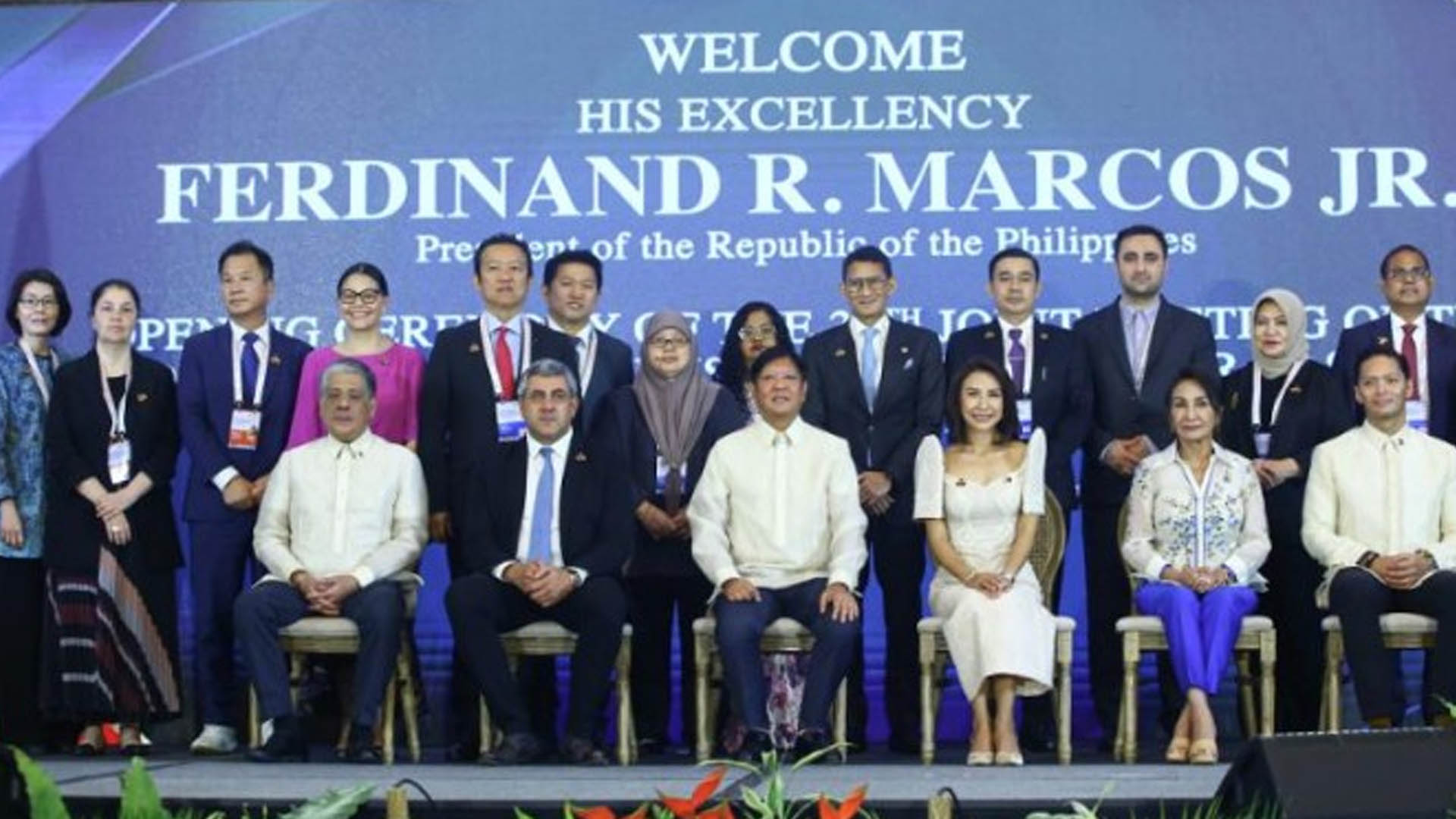Green transformation and efforts to boost tourism in a sustainable way in the region will take the centerstage at the 36th Joint Commission Meeting of the Commission for East Asia and the Pacific and the Commission for South Asia (CAP-CSA) in Cebu, Tourism Secretary Christina Frasco said Friday.
The Philippine-hosted meeting formally opened at Sheraton Mactan on June 28 and was graced by President Ferdinand R. Marcos Jr.
“As we gather as a community of nations under the banner of the United Nations Tourism, we emphasize our fair dedication to preserving our culture and promoting cross-border collaboration and aligning our tourism policies,” Frasco said.
“Along with all the global leaders here today, we will lead discussions in the current tourism situation prevailing among our regions and work towards green transformation, sustainable tourism development and education in tourism,” she said.
The UN Tourism earlier underscored the need for the tourism industry to embrace a low carbon pathway by 2030.
Tourism is one of the most vulnerable sectors to climate change but is also major contributor to the emission of greenhouse gases.
In a 2019 study, the UN Tourism said transport-related emissions from international tourism are forecast to increase by 25 percent to 665 metric tons (MT) in 2030 from 458 MT CO2 (carbon dioxide) in 2016.
Post-pandemic recovery
On top of this, the sector is confronted with the challenge of fully recovering from the devastating impacts of coronavirus disease 2019.
In a May 2024 global survey of the UN Tourism among its panel of experts, more than 50 percent of the respondents said higher transport and accommodation costs, as well as, economic environment, are the “main factors” weighing on the recovery of international tourism.
More than 20 percent of the respondents also cited the Hamas-Israel conflict and staff shortages as challenges to tourism.
Other factors affecting the tourism recovery were the Russian offensive on Ukraine (19 percent), low consumer confidence (18 percent), and travel restrictions, including visa requirements (13 percent), among others.
In the Philippines, Marcos said the government had been doubling efforts to strengthen collaboration with private sector and make reforms to make tourists visit, stay, and return to the country.
Among the measures he cited were easing visa access, enhancing water sanitation and health care facilities in tourist destinations, and improving connectivity.
Marcos also underscored the importance of raising the standards and practices in the sector by investing in education, training, and skills upgrading of tourism workers. (PNA)





















